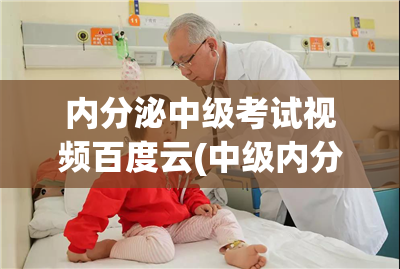Introduction
Traditional Chinese Medicine (TCM) is a system of medicine that has been used for thousands of years in China. It is based on the theory that the body's vital energy - or Qi - flows through channels known as meridians, and that illness or disease occurs when this flow is disrupted. TCM includes a range of treatment modalities, such as acupuncture, herbal medicine, massage, dietary therapy, and exercise, and is a widely practiced form of medicine in China and other parts of the world.
The Importance of TCM Pharmacology

TCM pharmacology is an important aspect of TCM practice, and involves the use of herbal medicines to regulate the body's Qi and promote healing. TCM pharmacology has been used for thousands of years to treat a wide range of conditions, and is based on the theory that each herb has its own unique properties and functions that can be used to treat specific imbalances in the body.
In recent years, there has been growing interest in TCM pharmacology, both in China and around the world. This has led to increased research on the pharmacological properties of TCM herbs, and the development of new TCM drugs and therapies.
The Basic Theory of TCM Pharmacology
The basic theory of TCM pharmacology is based on the concepts of Qi, Yin, Yang, and the Five Elements. These concepts are used to explain the functions and properties of TCM herbs, and to guide the use of these herbs in TCM practice.
Qi is considered the vital energy that flows through the body's meridians, and is responsible for maintaining health and vitality. Yin and Yang are opposite but complementary forces that must be in balance for optimal health, and the Five Elements - Metal, Earth, Water, Wood, and Fire - are used to categorize the properties of TCM herbs based on their taste, temperature, and other factors.
The Pharmacological Properties of TCM Herbs
TCM herbs have a wide variety of pharmacological properties that can be used to treat a range of conditions. For example, herbs that are considered "cooling" or "dampening" are often used to treat conditions that are characterized by excessive heat or dryness in the body, while herbs that are considered "warming" or "tonifying" are often used to treat conditions that are characterized by weakness or deficiency.
Research has shown that many TCM herbs have pharmacological properties that can be used to treat a range of conditions. For example, studies have shown that compounds found in certain herbs, such as ginseng and astragalus, can have immune-boosting and anti-inflammatory effects, while other herbs, such as licorice and ginger, can have anti-cancer and anti-viral properties.
The Challenges of Studying TCM Pharmacology
Despite the many benefits and potential of TCM pharmacology, there are also many challenges associated with studying this field. One of the biggest challenges is the complexity of TCM herbs, which often contain multiple active compounds that can have different and sometimes contradictory effects on the body.
In addition, there is often a lack of standardization in TCM pharmacology research, which can make it difficult to compare results across studies. There is also a lack of funding for TCM research, particularly outside of China, which can limit the amount of research that is conducted and the quality of that research.
Despite these challenges, there is growing interest and investment in TCM pharmacology research, and many scientists and practitioners around the world are working to better understand the pharmacological properties of TCM herbs and their potential applications in treating a range of conditions.
Conclusion
TCM pharmacology is an important aspect of Traditional Chinese Medicine, and involves the use of herbal medicines to regulate the body's Qi and promote healing. Although there are many challenges associated with studying TCM pharmacology, there is also growing interest and investment in this field, and many researchers and practitioners around the world are working to better understand the pharmacological properties of TCM herbs and their potential applications in treating a range of conditions.









